Iran-Yemen relationship centered on ideals of anti-imperialism, anti-Zionism
By Xavier Villar
The turn of events in recent months, amid the Israeli genocidal war on the Gaza Strip, has demonstrated to the world the awe-inspiring bravery and heroism of the Yemeni government and its military.
The Ansarullah resistance movement, which is currently running the affairs of the Arab country, including its military, has walked out of its way to express solidarity with the people of Palestine.
A series of attacks on Israel-linked vessels in the Red Sea, as well as vessels belonging to the US and UK, by the Yemeni military, has prompted major shipping companies to avoid the strategic waterway, inflicting a heavy blow to the regime’s already fledgling economy.
With the Ansarullah resistance movement the topic of discussion around the world, some erroneously calling it an “Iranian proxy”, it’s necessary to put things into proper perspective.
The analysis of Ansarullah, known in the West as ‘Houthis’, and its relations with the Islamic Republic is often not understood outside the political discourse known as "sponsor-proxy." This doctrine questions the autonomy of the Yemeni group by dubbing it as a "tool in the hands of Iran."
According to this Western doctrine, Iran, as a state, uses its power to control the Yemeni group.
This is a political relationship based on a revolutionary vision articulated around Islam between the Islamic Republic, as a defender of oppressed nations worldwide, and the Yemeni resistance group.
Ansarullah's rejection of Saudi interference in the country is explained by the sense of oppression and absence of justice that the people of Yemen felt and complained about for years.
It was precisely this rejection, anchored in a political dimension with Islamic origins, which explains the repeated uprisings against the former Saudi-backed government in Yemen between 2004 and 2010.
In 2011, during the "Arab Spring," the grievances of the Yemeni population reached a critical point, leading to massive protests demanding the resignation of President Ali Abdullah Saleh, who had ruled the country with an iron hand for over 30 years.
After Saleh's exit, Saudi Arabia backed Abdrabbuh Mansur Hadi as the new leader of the Arab country. Ansarullah and the people of Yemen rejected his election and launched a popular uprising against the new Saudi-backed government, which was followed by the Saudi-led coalition’s aggression.
Since 2015, the Ansarullah-led government has been administering the Yemeni capital, Sana'a, as well as most of the Red Sea coast, and has followed a pragmatic foreign policy driven by regional interests.
The Yemeni government has particularly opposed the presence of foreign forces in the region, including the United States, and strongly advocated the liberation of Palestine from the Israeli occupation.
In this regard, it's important to understand that Yemen’s support for the Palestinian cause is not limited to the Ansarallah group’s unflinching support for the Palestinian cause.
As early as 1947, in the then-British colony of Aden (southern Yemen), one of the first public demonstrations against British rule took the form of a three-day strike against Britain's pro-Zionist policies in Palestine.
The following year, Yemen became one of the early members of the United Nations (UN). Its delegation joined representatives from five other Arab states in leaving the UN General Assembly hall when the vote for the partition of Palestine was passed.
It can be said, therefore, that the issue of Palestine has served as an anti-colonial catalyst throughout Yemen's contemporary history. For instance, during its 27 years of existence, the People's Democratic Republic of Yemen consistently supported Palestinian movements, with a particular emphasis on left-wing Palestinian organizations.
In 1971, it allowed the Popular Front for the Liberation of Palestine to attack an Israeli ship in the Bab al-Mandab. Two years later, it closed the Bab al-Mandab to Israeli maritime traffic to assist Egypt in the war against Israel.
In 1979, when Egyptian leader Anwar Sadat recognized the Israeli regime and signed the Camp David Accords, the response from the PDRY included the expulsion of Egyptian teachers from the country, except for those from the Egyptian left-wing opposition.
After the unification of Yemen in 1990, Saleh's regime continued to recognize and support Palestine. In 2015, after the involvement of foreign states in the Arab country, the situation changed.
Factions backed by Saudi Arabia and the United Arab Emirates continued to support the Palestinian Authority based in Ramallah, while the Ansarallah resistance movement and the government it runs has strongly backed Palestinian resistance groups, such as Hamas and Islamic Jihad.
This support from the Yemeni group for Palestinian resistance groups serves to explain the importance of identity in political terms in order to understand the relations between Iran and Ansarullah.
Identity, from a political perspective, refers to self-awareness in the mirror of interaction with others. This identity enables the basic political distinction between friends and enemies. According to this interpretation, political actors shape their foreign policy based on the friend-enemy dimension.
First, we need to discuss the revolutionary nature of Iran. The fall of the Pahlavi dynasty in Iran, which had been in power from 1925 until 1979, and the subsequent victory and establishment of the Islamic Republic, marked the success of a revolutionary ideology vital for understanding the significance of the anti-colonial and anti-hegemonic vision upon which Iran bases its foreign policy.
Due to this revolutionary ideology, resistance against those powers deemed hegemonic is considered a political-military obligation.
Another fundamental element to understanding the identity of the Islamic Republic is the Islamic dimension, which is the main element upon which the revolutionary ideology is based.
It includes embracing the idea of Muslim unity propounded by Imam Khomeini, the founder of the Islamic Republic, and bridging the gap between Sunni and Shia. In other words, the goal is to assert that Islam is a common language that enables Muslims to interact and debate among themselves.
Another element is building a just society, which is an ethical-political aspiration that lies at the heart of the Islamic ideology. It calls on Muslims to tirelessly struggle against oppression in all its forms.
From the Islamic-political perspective expressed by the Islamic Republic, it sees the world as a confrontation between justice (aql) and oppression (batil).
On the other hand, when defining the main factors that articulate the identity of Ansarullah, it is necessary to analyze the widespread idea that treats the group in a particular way and Yemen in a general sense, as a tribal society based on ethnic diversity and without a national identity.
This type of analysis assumes that the nation-state is the privileged element when defining and identifying political identities. From this kind of reductionism, it is not possible to understand either the Iranian Islamic identity or the political affinities between Ansarullah and the Islamic Republic.
That being said, for Ansarullah, one of its historical identities is what the group refers to as an "Arab" identity. This identity, in turn, is mediated by Islamist discourse, a political discourse that allows for various articulations.
It is precisely this Islamist discourse that explains the convergence between Iran and Ansarullah. The Yemeni group sees Islam as a discourse of liberation against colonial oppression, both internal and external, as well as against the presence of countries considered oppressors and aliens in the region.
This political convergence highlights the inadequacy of explanations that seek to portray the collaboration between Tehran and Sana'a solely in terms of Shia religious affiliations. This essentialist reductionism fails to consider the political dimensions of Islam understood as discourse.
The political affinity between Ansarullah and Iran becomes even more apparent when considering the revolutionary ideology of the Yemeni group. Since its origins in the 1990s, the group has embraced the doctrine of Wilayat-e-Faqih (the system introduced by Imam Khomeini and is the cornerstone of the current Islamic Republic) as a political-ethical guide for its actions in the political arena.
In the post-9/11 era and the so-called "war on terror" by the United States, Ansarullah publicly expressed its anti-imperialism. Simultaneously, leaders of Ansarullah, such as Sayyid Hussein al-Houthi, further aligned ideologically with the Islamic Republic.
In a speech in 2001, during the commemoration of Al-Quds Day (an annual event established by Imam Khomeini for the liberation of Al-Quds), al-Houthi emphasized the path of resistance against oppression and identified the United States as the "main enemy of the Yemeni people."
In 2002, al-Houthi himself introduced what has since become the group's slogan, "God is great, Death to America, Death to Israel, Curse upon the Jews, Victory for Islam."
This slogan shares a discursive affinity with one of the most widely used slogans in Iran: "Marg bar Amrika" (translated as "Death to America (American hegemony)").
Hence, it can be seen how Iran and Ansarullah express, in a shared Islamic tradition, their rejection of the naturalization of the presence of oppressive foreign forces in the region.
Iranian officials have repeatedly asserted that the Yemeni government’s actions in the Red Sea are not dictated by Tehran. It’s a sovereign country that makes its own decisions.
Xavier Villar is a Ph.D. in Islamic Studies and researcher based in Spain.
(The views expressed in this article do not necessarily reflect those of Press TV)
White House pushing for Sisi–Netanyahu summit: Report
Iran’s tax-to-GDP ratio at 6.4% in March 2025: SCI
VIDEO | Tulkarm horror: Israeli forces used 10-year-old girl as human shield
VIDEO | Press TV's news headlines
VIDEO | Rallies held across Australia in support of Palestinians
VIDEO | Intl. day of solidarity with Palestinian people marked in Palestinian embassy in Turkey
Netanyahu, Blair held secret meeting to discuss future of Gaza: Report
Benin's armed forces foil coup attempt against President Talon: Authorities


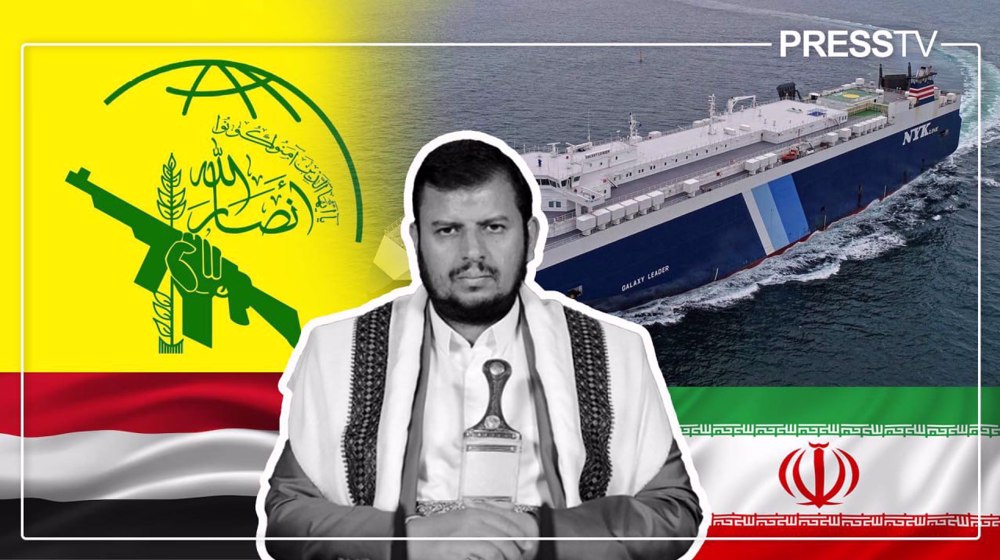
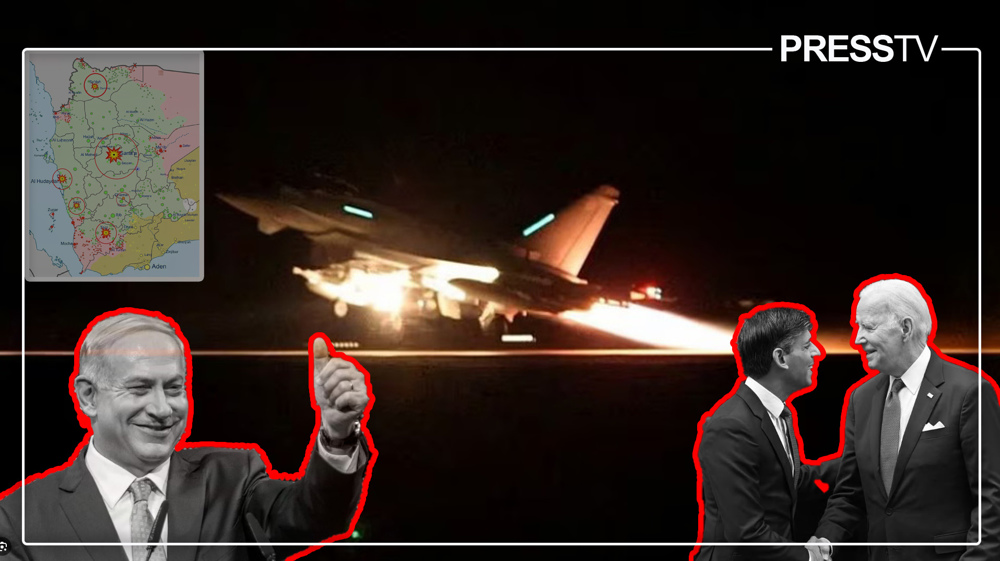
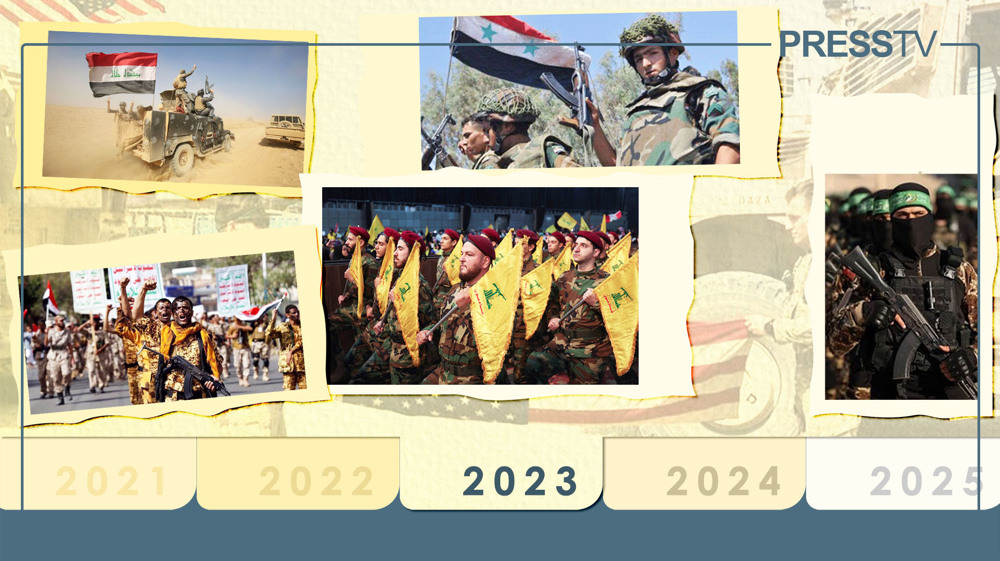



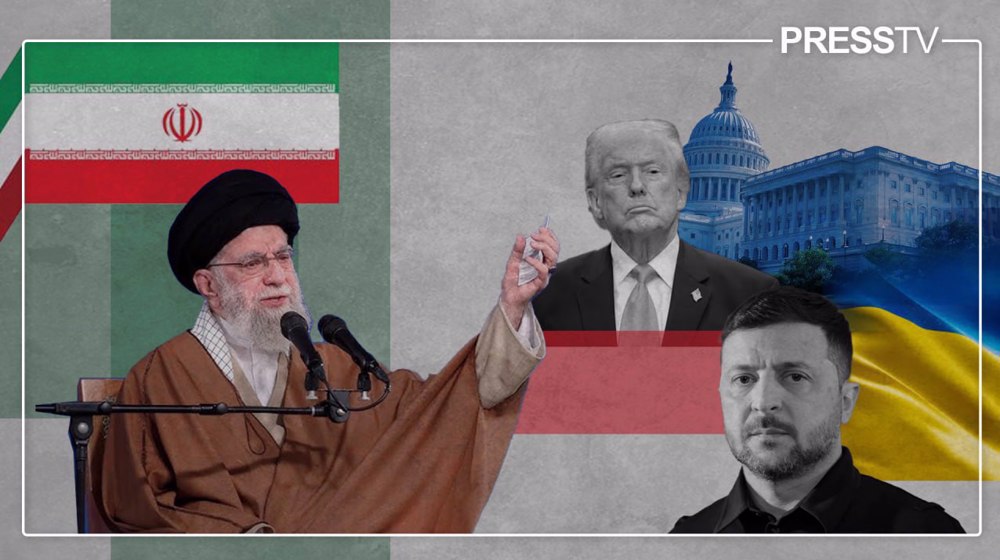



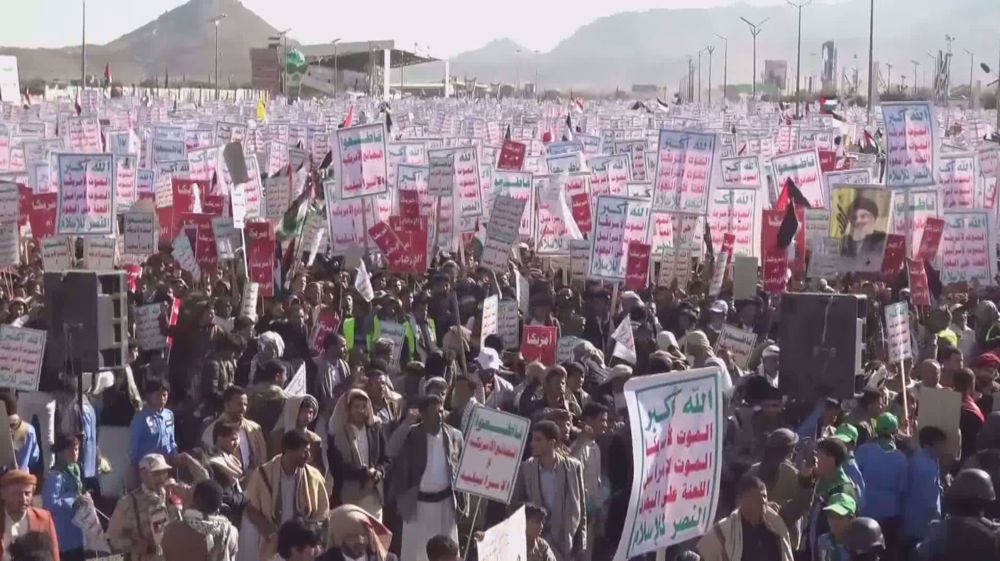
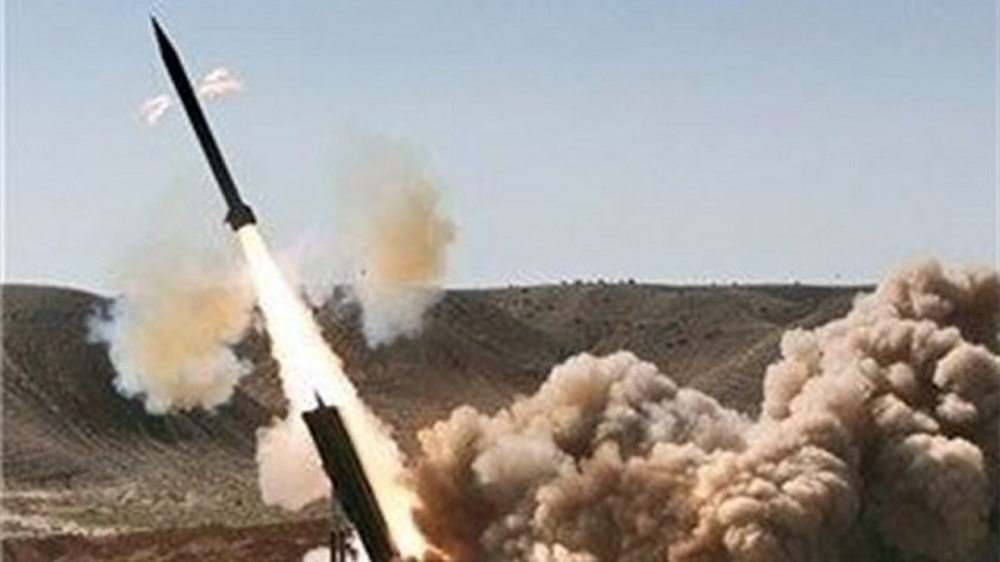
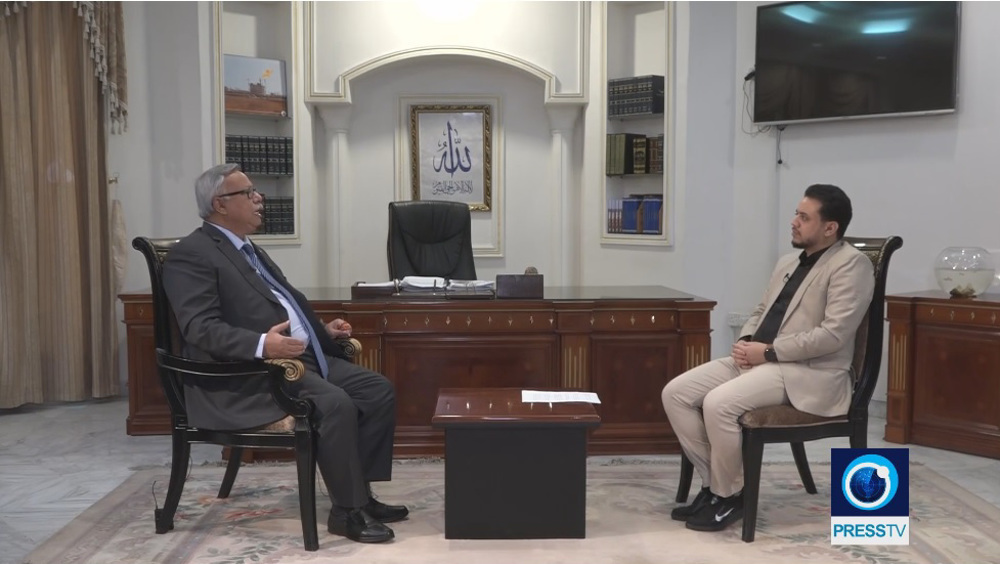
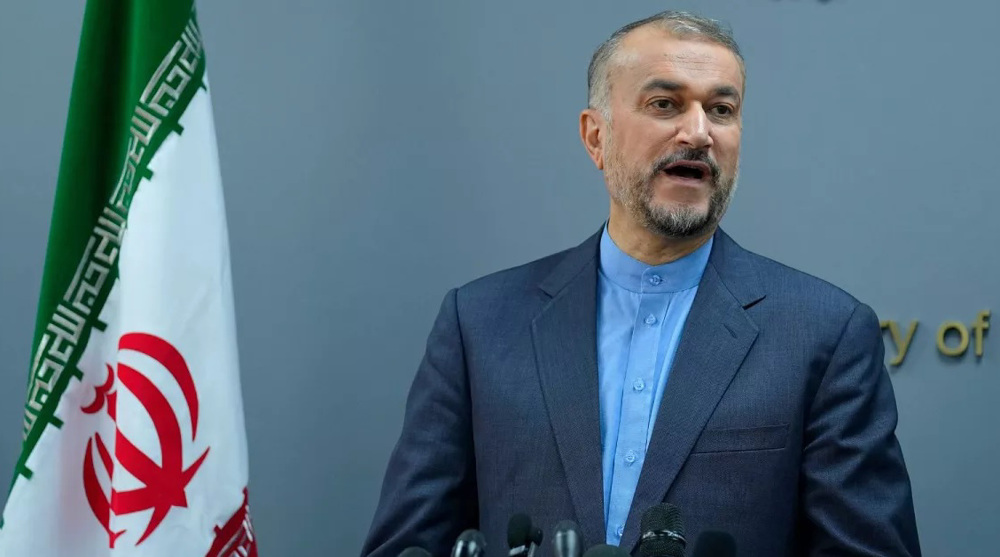
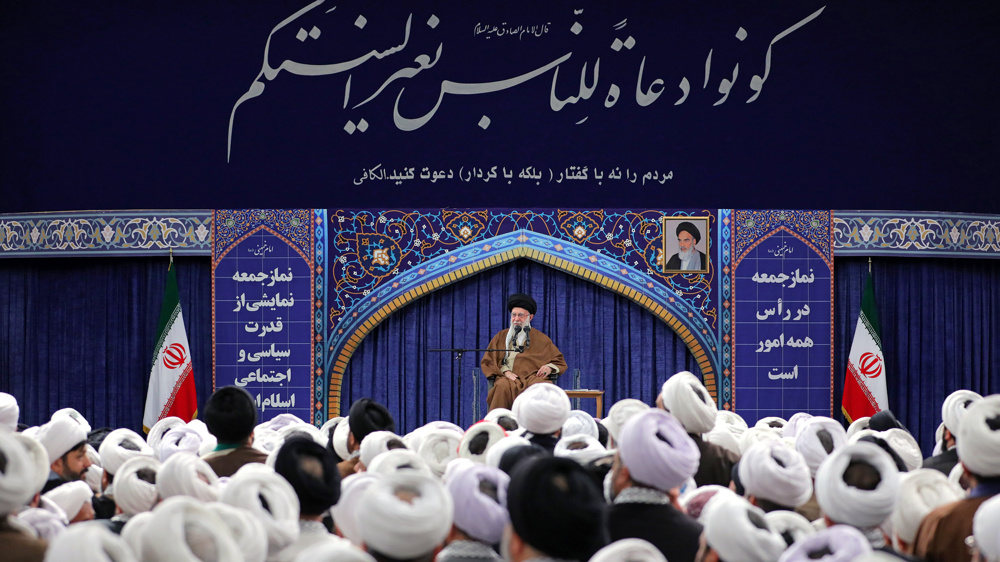

 This makes it easy to access the Press TV website
This makes it easy to access the Press TV website